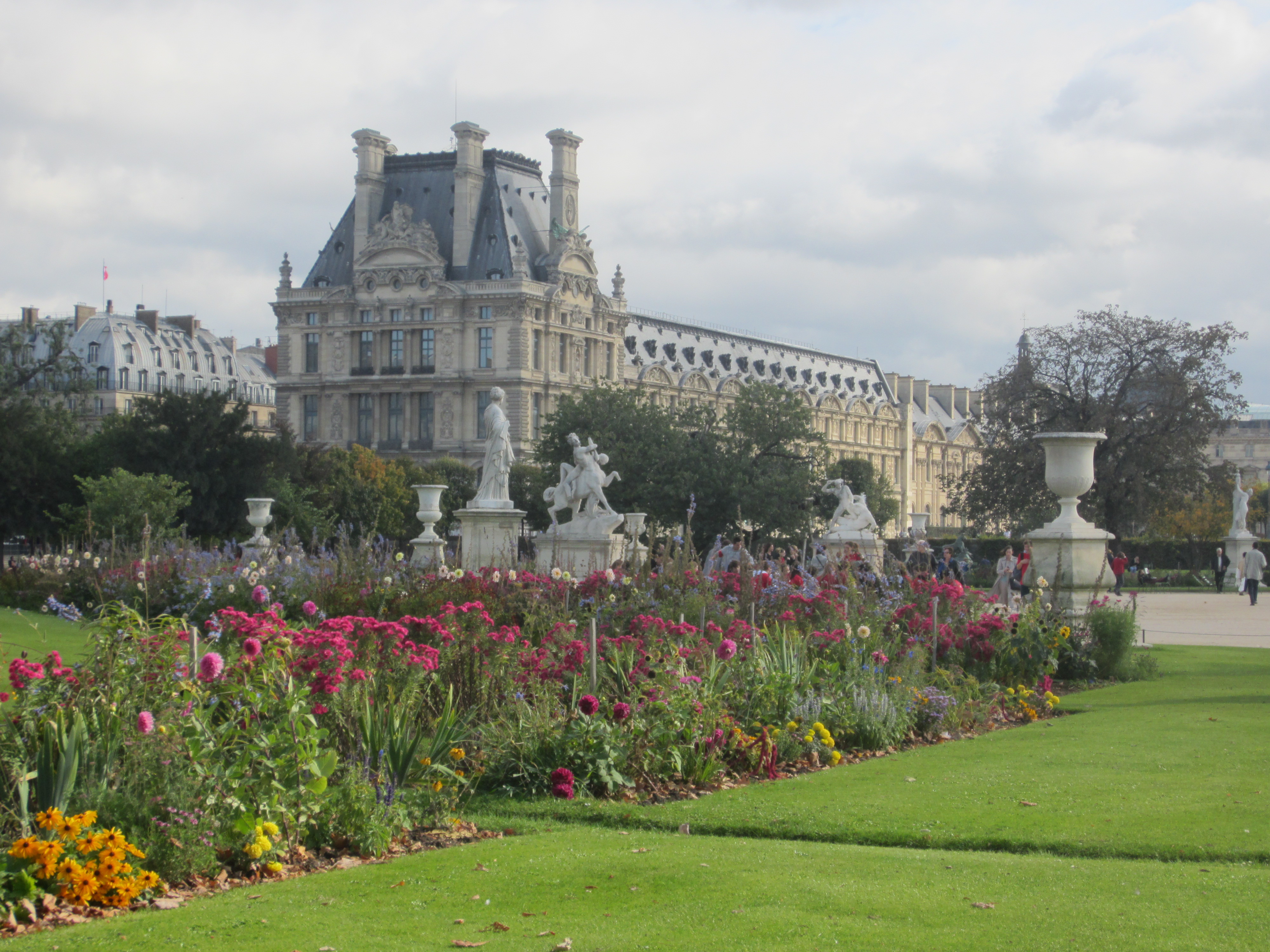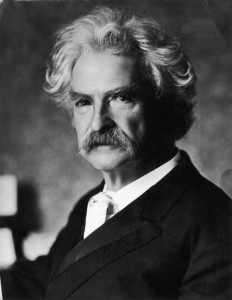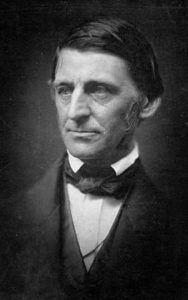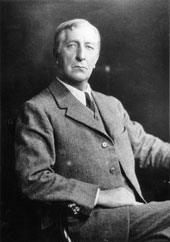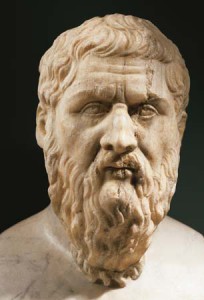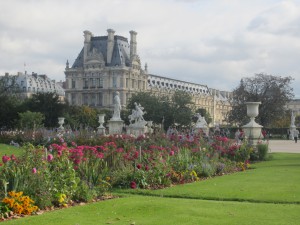 To George Sturgis
To George Sturgis
Savoy-Hotel, Rue de Rivoli
Paris. June 5, 1936
I arrived here yesterday from Rome, and though the hotel is dingy and evidently has known better days, the view from my windows, over the Tuileries Gardens and the river is magnificent, and the breakfast (the only meal I have had here so far) very good, so that I shall probably stay here the whole summer. Politically and in general aspect, Paris at this moment seems far more unhappy and stricken than Italy, where everything is buzzing. There were no regular papers published yesterday, and the restaurants I went to—the Régence & Poccardi’s—seemed deserted. But I daresay nothing tragic will occur for the present.
You are held up in regard to my domicile. No domicile is indicated in my passport, but I have a separate Certificado de nacionalidad in which I am described as residing at the Hotel Bristol in Rome, which is the truth, in so far as the question is relevant to a fox that hasn’t a hole or a bird that hasn’t a nest. When Onderdonk years ago made investigations about my legal status—he is a timid and fussy person about legalities—he decided that my domicile was Avila, because that had been my father’s residence and I was still in possession of the house he had lived in, although it was let. Now that house has been “sold” to the Sastres. Perhaps my last regular domicile was my mother’s house in Longwood. I forget the name of the Street—was it 75 Monmouth Street? I know I called that my domicile and not my rooms in Cambridge, when it was a question of town taxes.
Perhaps, if that holds over after 25 years residence nowhere else in particular, the fact would facilate making an American will.
You send me the latest reports about the sale of my novel, also reaching me from Scribner’s directly, to the effect that it is still selling well—after being first for 3 months and a half—and having reached 148,500 copies. The English sales have been nothing in comparison, about 7,000 up to April 1st including about 2,000 for Canada. Mr. Kyllmann of Constable’s says he hoped for much more. On the other hand, it is being printed in raised letters for the blind which seems to put it on a par with the Bible in soul-saving power. The blind shall read it!
From The Letters of George Santayana: Book Five, 1933-1936. Cambridge, MA: The MIT Press, 2003.
Location of manuscript: The Houghton Library, Harvard University, Cambridge MA.

